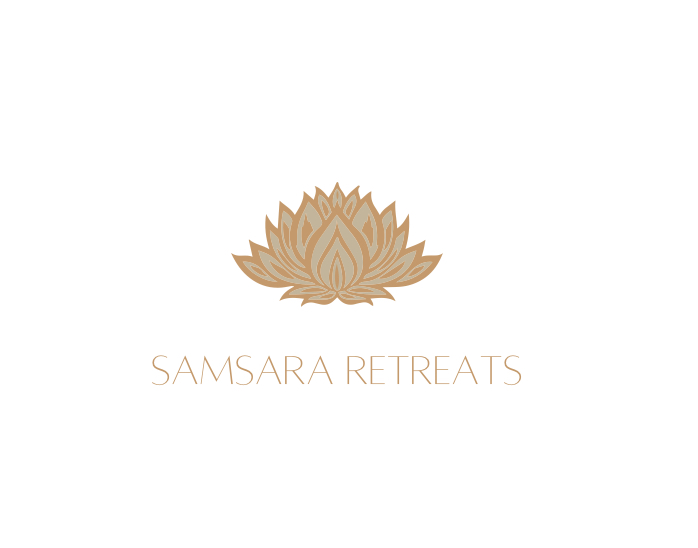Is There a Connection: Tarot Cards and Psychology
- The Samsara Retreats Team

- May 12, 2024
- 3 min read

Let's Unravel this
Have you ever wondered if there's a deeper connection between tarot cards and psychology? While some may view tarot as mere fortune-telling or mystical divination, others believe that tarot can offer profound insights into the human psyche and emotional landscape. So, are tarot cards linked to psychology? Let's delve into this intriguing topic and explore how tarot and psychology intersect.
The Language of Symbols:
At the heart of both tarot and psychology lies the language of symbols. Tarot cards are adorned with rich imagery, archetypal symbols, and allegorical scenes that tap into universal themes and human experiences. Similarly, psychology recognizes the power of symbols in the subconscious mind, using techniques like dream analysis and art therapy to explore hidden meanings and subconscious desires. Just as a therapist might interpret a patient's dreams or artwork, a tarot reader interprets the symbols and imagery of the cards to uncover insights and truths about the individual's inner world.
Self-Reflection and Personal Growth:
Tarot readings can serve as a powerful tool for self-reflection and personal growth, much like therapy sessions with a psychologist. By engaging with the imagery and symbolism of the cards, individuals are prompted to explore their thoughts, emotions, and life experiences in a deeper and more meaningful way. Through introspection and contemplation, tarot enthusiasts can gain clarity, insight, and perspective on their life path, relationships, and personal development. In essence, both tarot and psychology encourage individuals to look inward, confront their fears and challenges, and embrace opportunities for growth and transformation.
Archetypes and Collective Unconscious:
Psychologist Carl Jung introduced the concept of archetypes and the collective unconscious, suggesting that certain symbols and themes are universally present in human culture and experience. Tarot cards embody these archetypal motifs, such as the Hero's Journey, the Wise Sage, and the Shadow Self, which resonate with individuals on a deep and primal level. Through tarot readings, individuals may encounter archetypal figures and narratives that mirror their own inner struggles, desires, and aspirations, offering validation, insight, and guidance along their journey of self-discovery.
Narrative Therapy and Storytelling:
In both tarot and psychology, storytelling plays a central role in the process of healing and self-exploration. Tarot readings often unfold like a narrative, with each card representing a chapter or scene in the individual's life story. Similarly, narrative therapy, a therapeutic approach rooted in psychology, uses storytelling as a means of reframing personal narratives, challenging limiting beliefs, and empowering individuals to rewrite their own stories. By engaging with the symbolic language of tarot and exploring the narratives that emerge during a reading, individuals can gain a deeper understanding of their experiences, patterns, and potential for change.
Integration and Holistic Healing:
Ultimately, the connection between tarot cards and psychology lies in their shared goal of holistic healing and integration. Whether through the lens of archetypes, symbols, narratives, or personal reflection, both tarot and psychology offer individuals a pathway to self-awareness, empowerment, and transformation. By embracing the wisdom of tarot alongside psychological insights and techniques, individuals can embark on a journey of self-discovery that honors the complexity of the human experience and celebrates the interconnectedness of mind, body, and spirit.
The relationship between tarot cards and psychology is multifaceted and rich with potential for exploration and growth. Whether you're drawn to the mystical allure of tarot or the scientific principles of psychology, both offer valuable insights into the human psyche and the quest for meaning, purpose, and fulfillment. So, the next time you shuffle the cards or sit down for a therapy session, remember that you're embarking on a journey of self-discovery and transformation—one that transcends the boundaries of time, space, and conventional wisdom.
_edited.jpg)
Comments